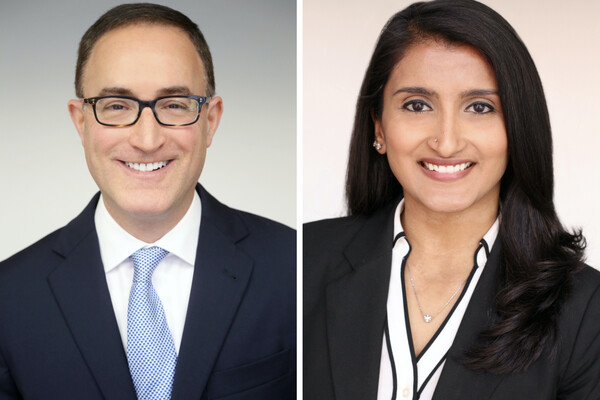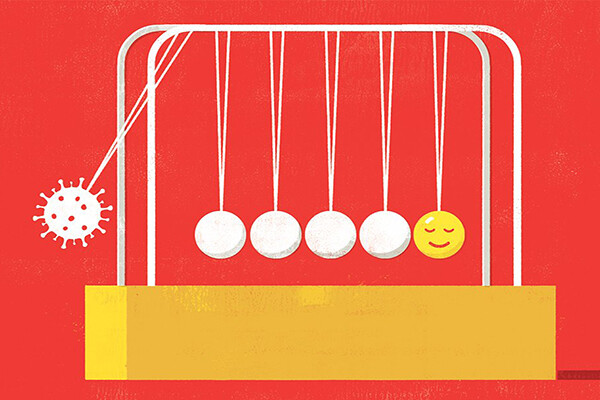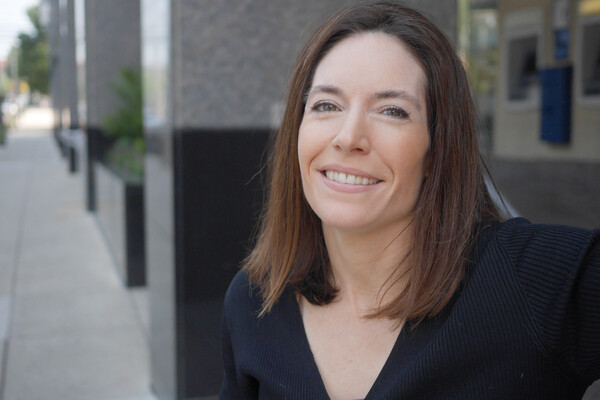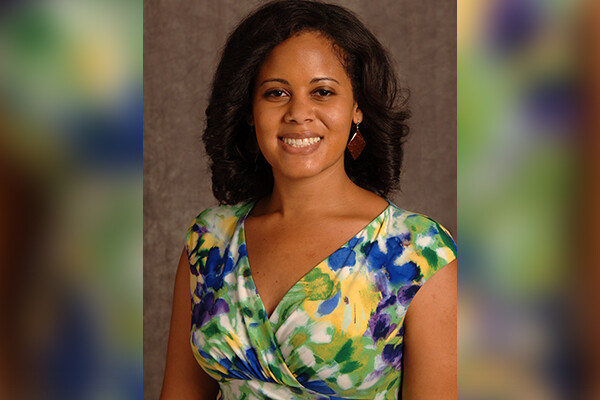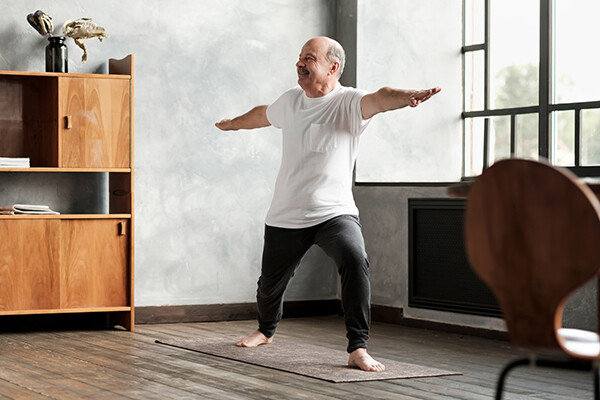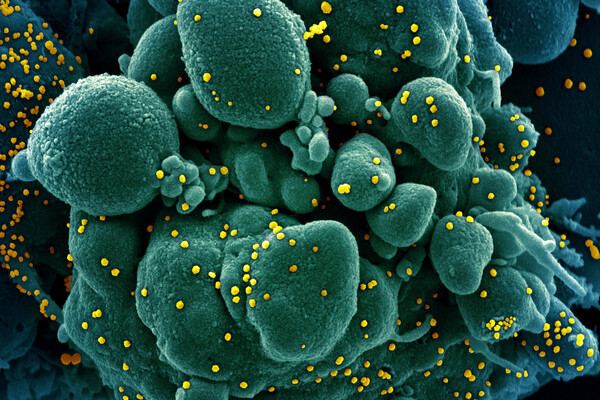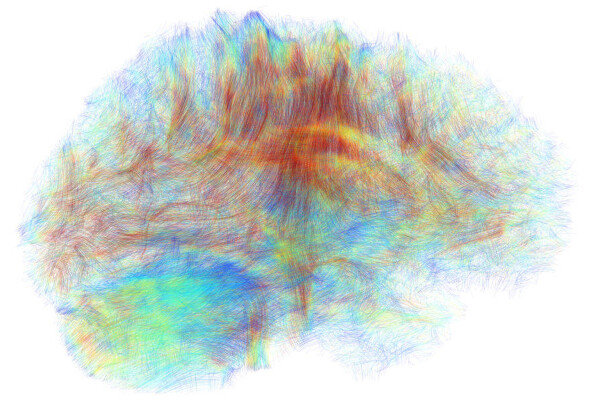4/22
Psychiatry
The path to deeper connections, even amidst a pandemic
A new book from Penn’s Edward Brodkin and psychology doctoral candidate Ashley Pallathra focuses on the science and practice of attunement, the process by which people can most effectively connect to themselves and others.
Anxiety in a post-COVID world
A return to the next normal post-pandemic may trigger anxiety for people anticipating a more public-facing life after a year of isolation.
A tool for more inclusive autism screening
A new visual screening tool for autism spectrum disorder may reduce disparities in diagnoses, especially when English is not a family’s primary language.
When the message matters, use science to craft it
An interdisciplinary initiative called the Message Effects Lab aims to understand, tap into, and develop communication around what motivates specific behaviors for specific populations. Its first projects center around COVID-19 testing and vaccines.
Public psychiatry’s mission: Providing mental health care to those who need it the most
Rachel Talley on public psychiatry, the impact of COVID-19 on community mental health, and how she went from an internship at the White House to championing public health at Penn’s department of Psychiatry.
Wellness resources at your fingertips
When facing the challenges of the current moment, Penn students, faculty, and staff have options to promote their emotional, mental, and physical well-being.
Long-term effects of COVID-19 and support to cope
Millions of people around the world have already survived a bout with COVID-19. Clinicians are learning how cases can trigger lasting consequences for the body.
Brain scans of 9- to 11-year-olds offer clues about aggressive, antisocial behavior
Two new papers, one about gray matter, the other about reward behavior, suggest that at the neural level not all conduct problems look the same.
Sensory neurons outside the brain drive autistic social behaviors
A new study from Penn Medicine lends further evidence that the social behaviors tied to autism spectrum disorders (ASD) emerge from abnormal function of sensory neurons outside the brain.
The overlooked effects of fireworks
For veterans living with post-traumatic stress disorder, fireworks and loud pyrotechnics can add stress and trigger physical reactions, as they mimic the stimuli of combat.
In the News
Why are older Americans drinking so much?
David Oslin of the Perelman School of Medicine says that alcohol use can have much more disastrous consequences for older adults, whose bodies cannot process it as quickly.
FULL STORY →
Philadelphia hospital program adds psychologists to bridge mental health services for trauma survivors
A new psychology team at the Penn Trauma Violence Recovery Program has provided about 46 survivors with short- and long- term therapy, featuring remarks from Elinore Kaufman and Lily Brown of the Perelman School of Medicine.
FULL STORY →
This day of silence brings a fresh start for Bali’s new year
Mathias Basner of the Perelman School of Medicine says that human bodies interpret noise as a stressor, which can initiate increased levels of stress hormones like cortisol and adrenaline in the blood.
FULL STORY →
A brain pacemaker helped a woman with crippling depression. It may soon be available to more people
Stanley Caroff of the Perelman School of Medicine says that scientists still don’t know the exact pathways or mechanisms in the brain that produce depression, making it hard to pick a site for deep brain stimulation.
FULL STORY →
How family history influences your drinking
Henry Kranzler of the Perelman School of Medicine says that complete abstinence is an extreme solution for alcohol use disorder but is the one that works the best.
FULL STORY →
Do you hit the snooze button? Sleep doctors share what it could mean for your health
Mathias Basner of the Perelman School of Medicine says that alarm-snoozing is bad for sleep recuperation, since it robs the body of the opportunity for continuous sleep.
FULL STORY →



